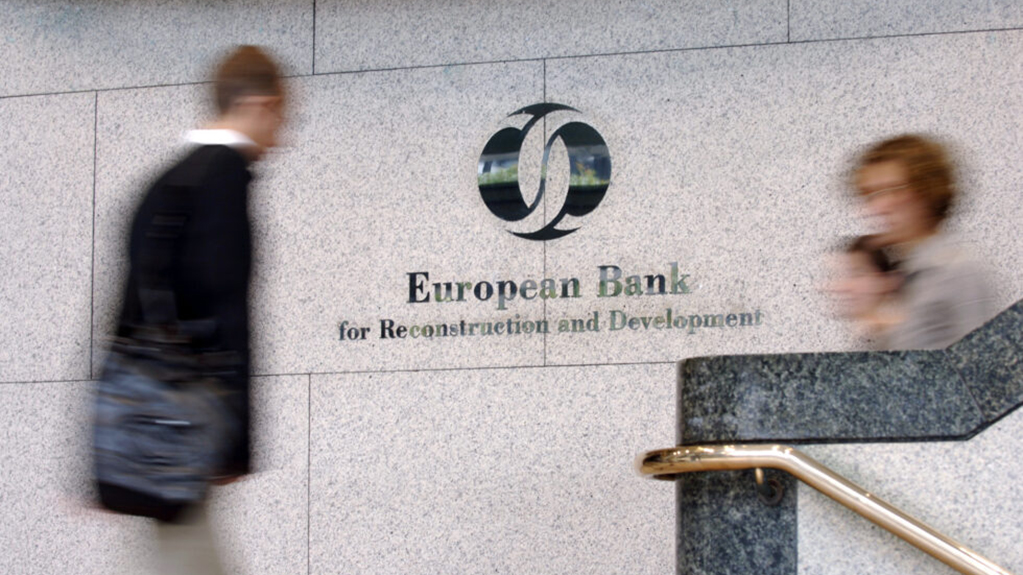Last week, during his visit to Tbilisi, US Assistant Secretary of State for European and Eurasian Affairs James O'Brien warned the authorities that if the law comes into force without aligning with European norms, there will be restrictions from the US side. Additionally, according to O'Brien, the United States has about $390 million in aid planned to be spent with the Georgian government, which will also be called into question if the US is now considered "an adversary, not a partner."
News
Mark Martin notes that they appreciate the concerns expressed by the President of the European Bank for Reconstruction and Development (EBRD), Odile Renaud-Basso, regarding the situation in Georgia.
“However, if the situation continues to escalate, we expect the EBRD, together with other international financial institutions such as the Asian Development Bank and the World Bank Group, as well as bilateral agencies, to step up the pressure and put on hold any public sector financing that would benefit the government, as well as any financing of private companies linked to the ruling Georgian Dream party.
In Bankwatch’s experience, it is clear that civil society is crucial for reducing the risks of implementing investment projects, avoiding corruption, preventing the misuse of public finance and increasing benefits for the public.
It is therefore in the development banks’ interest to ensure that civil society continues to play its essential role in contributing to the success and sustainability of investment projects,” Mark Martin said.
The Georgian Parliament adopted the Russian Law on so-called Foreign Agents in the third and final reading at the May 14 plenary session. 84 MPs supported it, and 30 were against it. The authorities did not take into account the warnings of international partners and the demand of continuous mass protests in the country to withdraw the law unconditionally.
The president vetoed the law, stating that it contradicts several articles of the Georgian constitution. However, Georgian Dream plans to override it during the session week of May 27.
Last week, during his visit to Tbilisi, US Assistant Secretary of State for European and Eurasian Affairs James O'Brien warned the authorities that if the law comes into force without aligning with European norms, we will see restrictions from the US side. In addition, according to O'Brien, the United States has about $390 million in aid planned to be spent with the Georgian government, which will also be called into question if the US is now considered "an adversary, not a partner."















